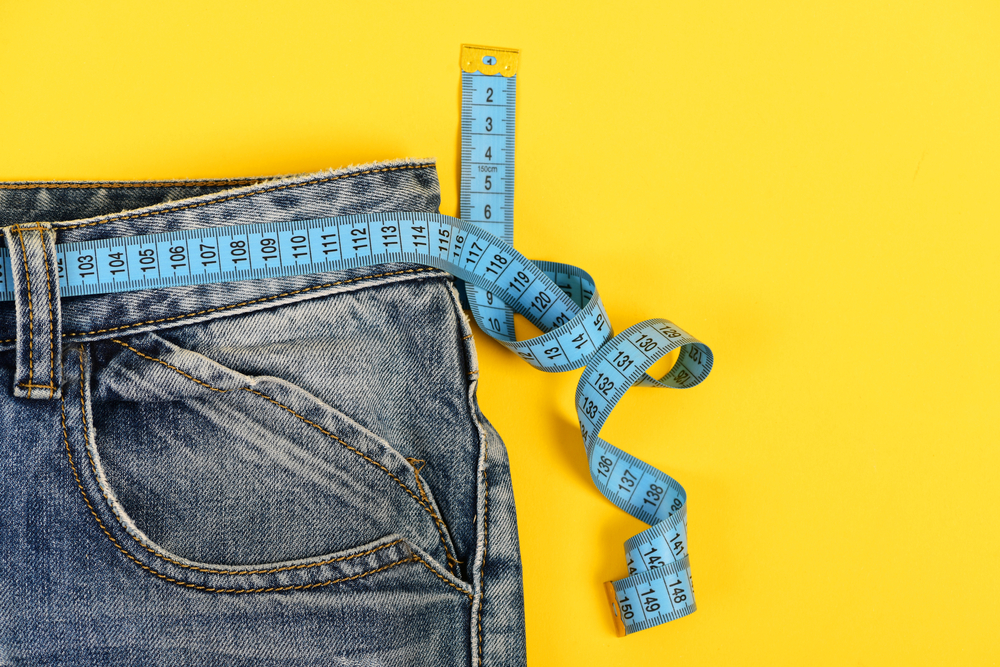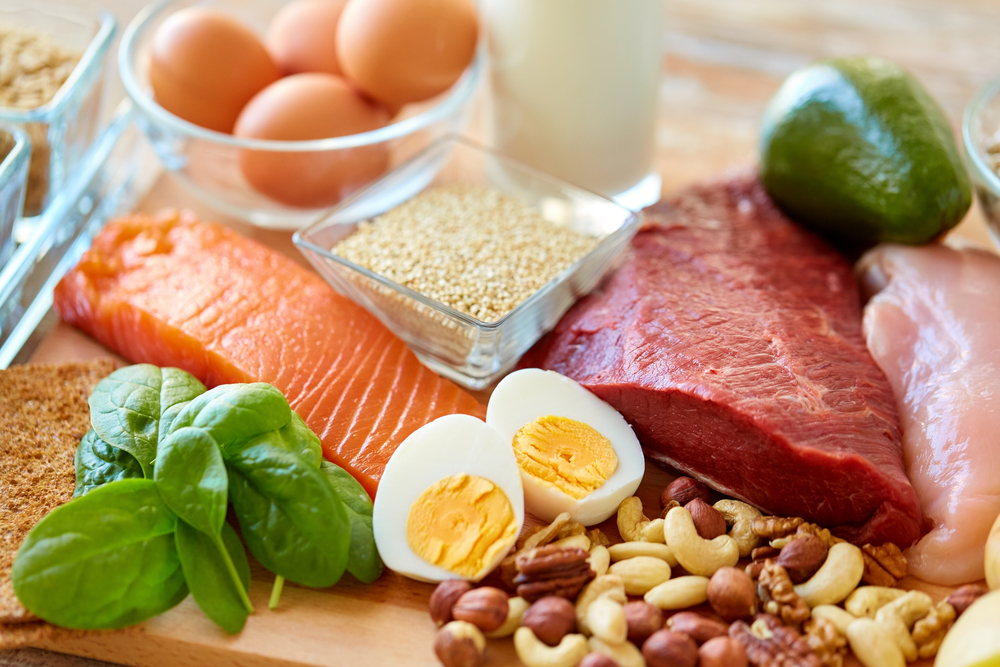Why It’s Slow and Steady for True Fat Loss

There are various ways you can approach fat loss, but no matter which overall dietary strategy you choose to employ, sustaining it for the long term requires lifestyle changes. This is the most difficult part in any weight loss journey. Studies have confirmed this, repeatedly demonstrating that the vast majority of people attempting to lose weight will reduce fat initially, but nearly all will regain fat, and will often go on to exceed their initial weight. In a meta-analysis of 29 long-term weight loss studies, more than half of subjects’ lost weight was regained within two years, and by five years, more than 80% of lost weight was regained.
While many people find it hard to believe, especially those who feel like they’ve been trying to lose fat for some time, humans can lose fat and not regain it, but it does take some strategic dietary and lifestyle interventions. Successfully maintaining fat loss takes consistency, a well-planned sustainable diet, exercise, support and last but not least, patience. Additionally, it helps to understand what you are up against, as unfortunately, physiological adaptations to weight loss favor weight regain. Evolutionarily, our bodies don’t like to lose fat, as it is the reserve that will keep us alive if we ever lose access to food like our ancestors. By trying to maintain weight loss, you are—to some extent—fighting our physiology.
The maintenance of body weight is tightly regulated by the interaction of various processes, including homeostatic, environmental and behavioral factors. By means of survival, we have evolved sophisticated homeostatic processes to protect fat stores once we have them. When fat is lost, compensatory changes in biological pathways occur. These changes influence the neuroendocrine system and consequently affect energy homeostasis, appetite hormones (i.e. ghrelin and leptin) and affect nutrient metabolism. Additionally, genetic, behavioural, and environmental factors can influence homeostatic processes, which further influence an individual’s ability to lose fat.
Despite physiology naturally working against us, there are ways in which you can work with the body and achieve sustainable fat loss. While there is no ‘one size fits all’ when it comes to sustainable fat loss, there are multiple factors that appear to be universally agreed upon for a higher chance of success. These include a sensible calorie deficit, predominantly healthy food choices, regular exercise, adequate protein intake and behavioral support.
Setting up an individual calorie deficit based on your gender, life stage and activity level is the first step towards sustained fat loss. For fat loss to occur, an individual must be in a calorie deficit, ensuring that the body is utilising more energy that it expends. A general deficit to aim for is 500-1000 calories per day, which is what we recommend as a guideline at F45. This can be achieved by reducing energy intake and or increasing energy output.
While a calorie deficit is first and foremost when it comes to fat loss, it is important to also consider the nutritional value in your food. A high energy, low fiber, heavily processed food, even if low in calories, may still negatively influence weight loss. A 2019 study on the effects of processed foods versus non-processed foods on overall energy demonstrated that weight changes were strongly correlated with energy intake. Subjects on the processed diet chose to consume greater amounts of foods than those on the non-processed diet, despite the meals being matched for calories, energy density and macronutrients. Subjects on the ultra-processed diet gained weight, whereas those on the non-processed diet lost weight (4). This emphasises the importance of a healthy, well-balanced diet for sustainable fat loss and overall health.
In terms of nutrient breakdowns for fat loss, protein is arguably the most important macronutrient to get right. Dietary protein is beneficial for the management of body weight and fat mass, as it promotes satiety, energy expenditure and helps retain lean mass when in an energy deficit. During energy restriction, or a calorie deficit, maintaining an optimal protein intake has been shown to sufficiently support fat loss while maintaining muscle mass. Healthy fat intake is important to help keep us satisfied as well, but remember to be mindful about the amount, as fat is double the calories of carbohydrate and protein per gram!

Understandably, those wanting to lose fat want it to happen sooner rather than later. However, it is important to understand that extreme, quick fat loss is often a recipe for short-lived success. While there is no denying that highly restrictive low-calorie diets achieve quick weight loss initially, it is important to consider what the lost weight is actually composed of.
During energy restriction, the body starts tapping into its glycogen stores. As glycogen is bound to water, when glycogen is utilized for fuel, the bound water is also released. This is why many dieters experience an initial drop in weight during their first week on a new diet. Once the body has utilized all of the glycogen stores, weight loss will begin to stabilize. However, if a calorie deficit is set too low and protein requirements are not met, the body will next begin to break down muscle mass, which will result in a loss of overall weight, but not fat. This is problematic, as lean body mass is valuable for supporting fat loss, and a loss in lean body mass has multiple negative health implications. This reiterates the importance of a sensible calorie deficit and sufficient dietary protein.
In a time when we want results and we want them now, it is important to make sustainable lifestyle changes to your nutrition and movement to really win the weight loss race. When it comes to fat loss, slow and steady wins the race.
